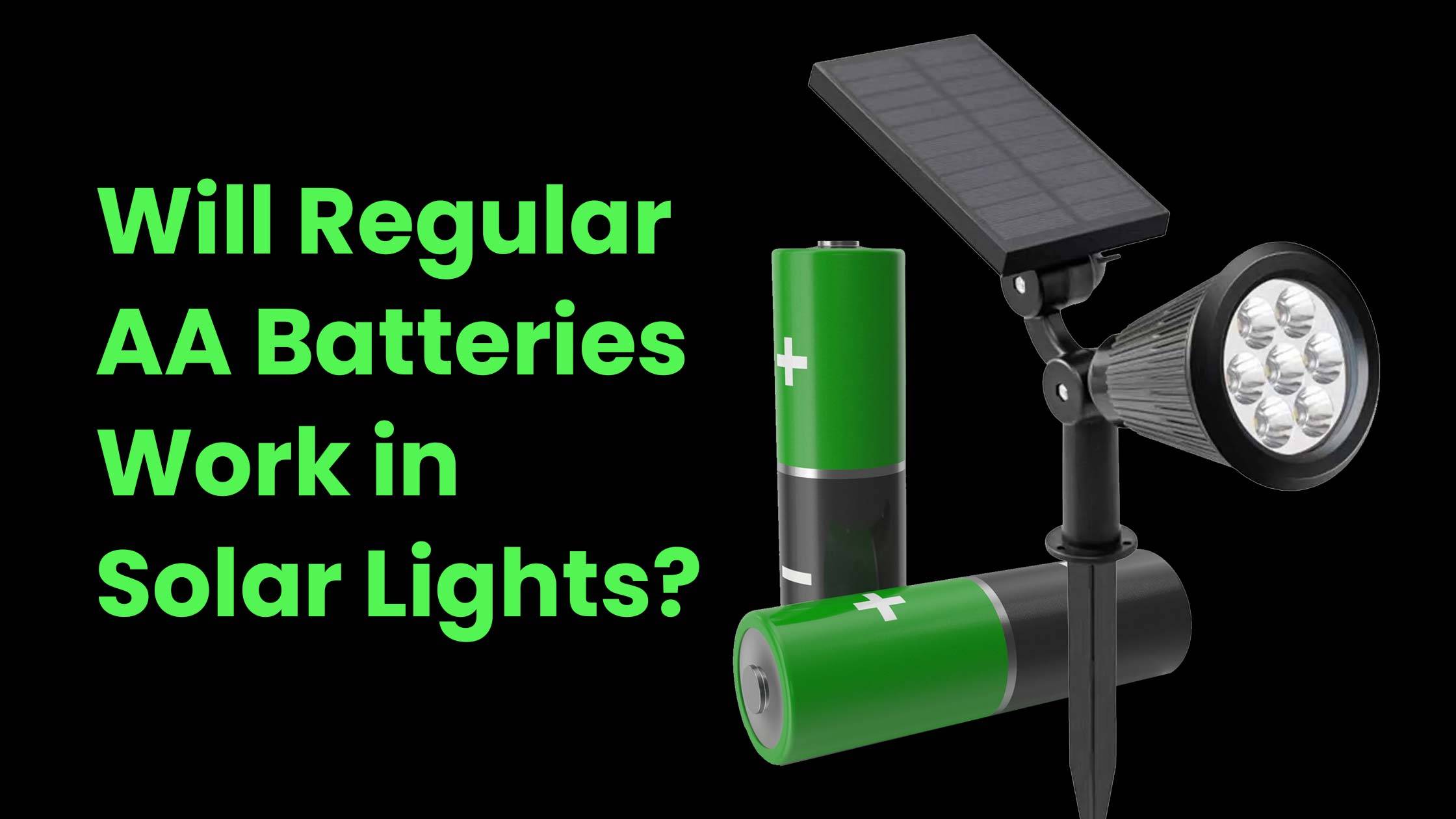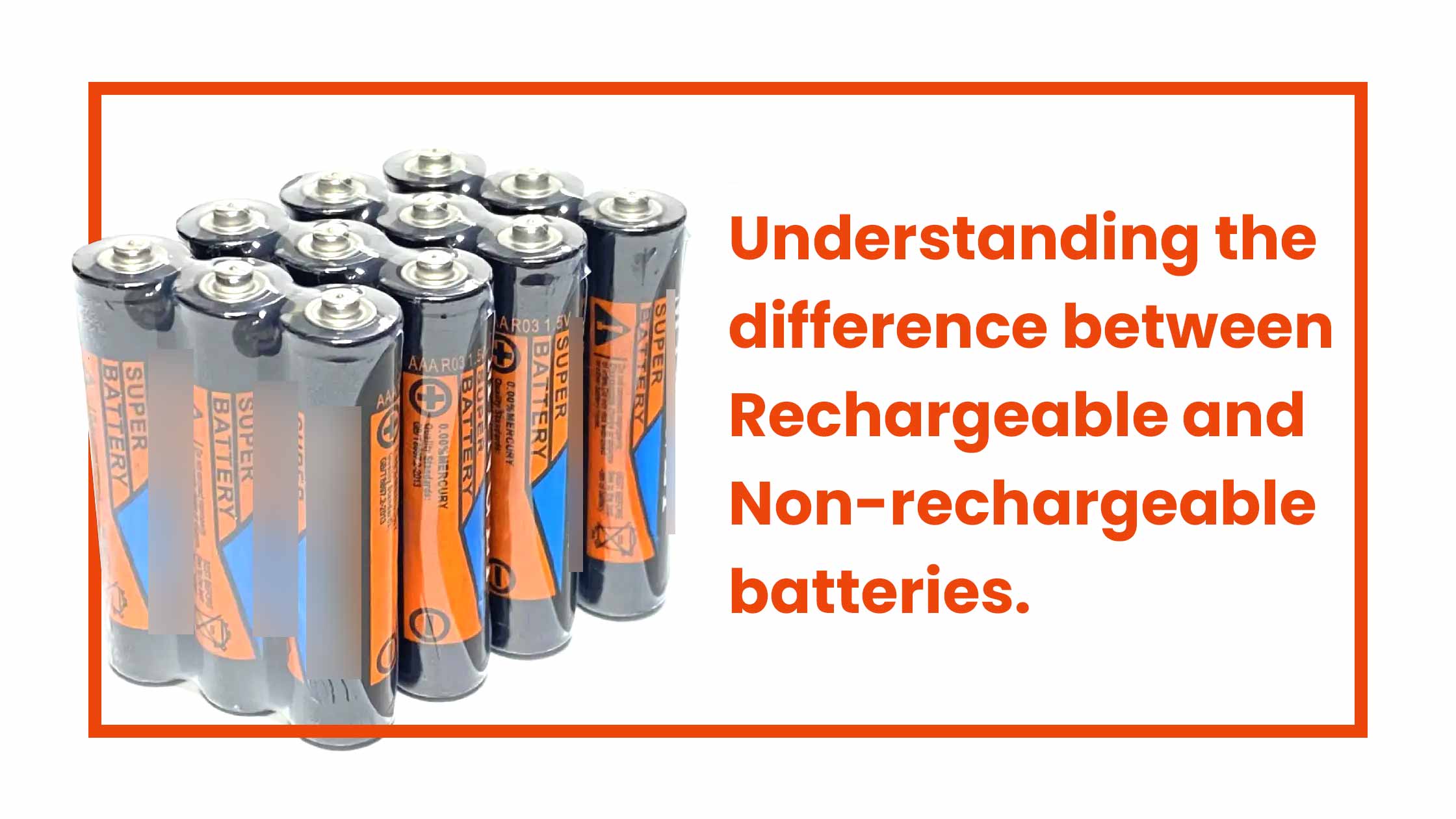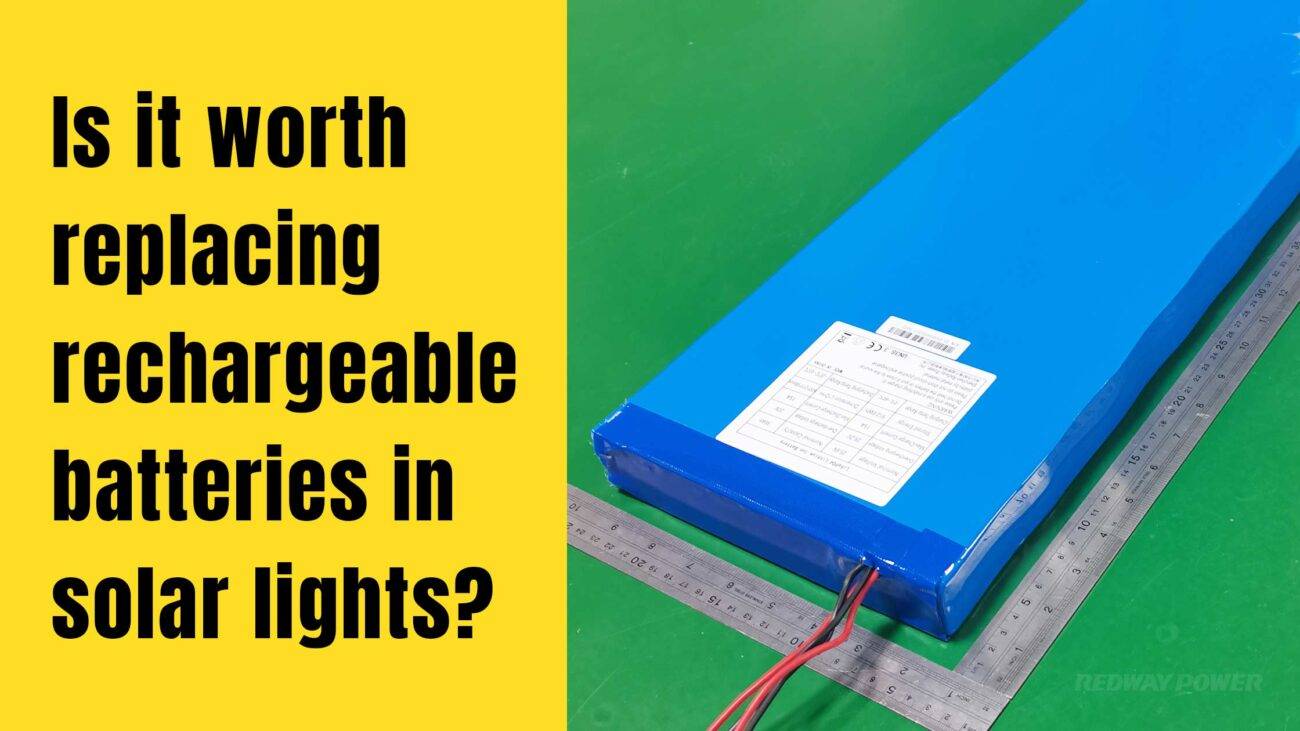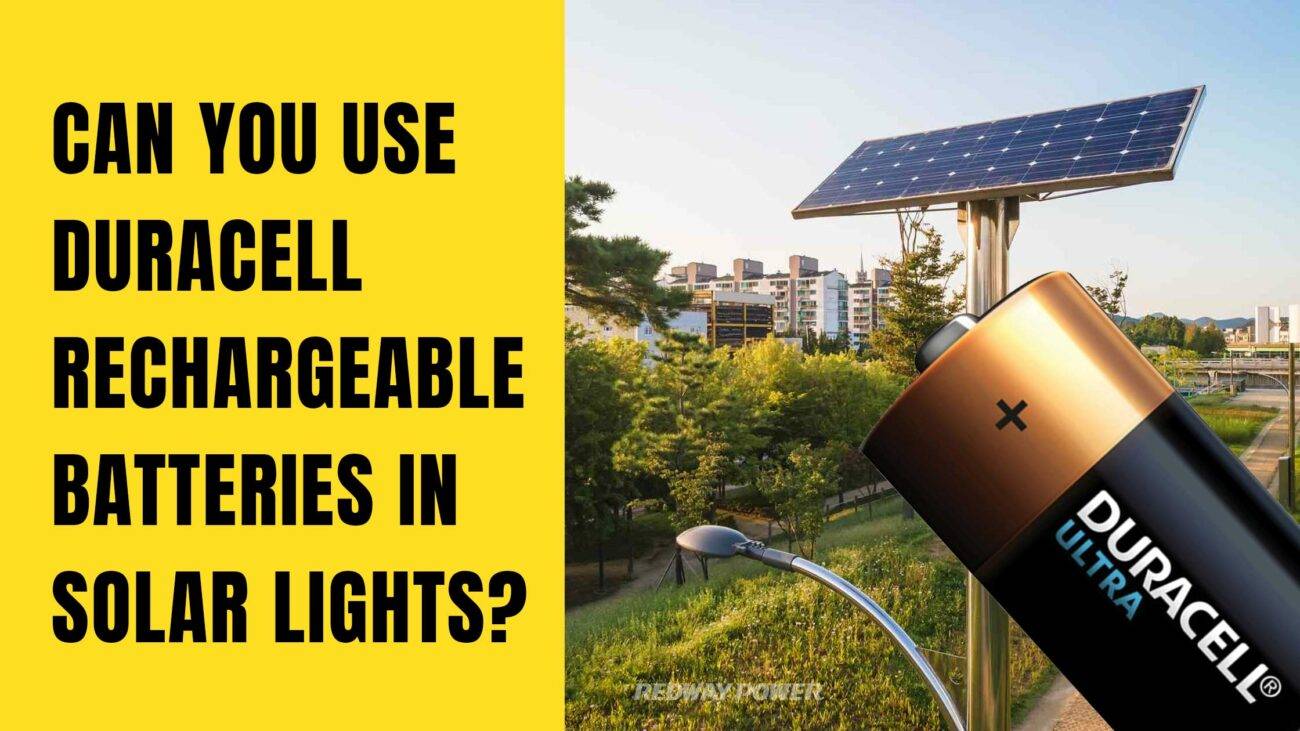Solar lights are a popular choice for outdoor illumination due to their eco-friendly and cost-effective nature. However, many wonder if regular AA batteries can substitute for specialized rechargeable ones. Let’s explore this topic to shed some light on the matter!
Understanding the difference between rechargeable and non-rechargeable batteries
Rechargeable batteries are cost-effective and eco-friendly for frequent use and high-drain devices. Non-rechargeable batteries are ideal for infrequent use and low-drain devices, offering convenience and a long shelf-life.
When choosing between rechargeable and non-rechargeable batteries, understanding their differences is crucial. Let’s explore the key points:
- Rechargeable Batteries:
- These batteries can be recharged and used multiple times.
- They are cost-effective over the long term due to their reusability.
- Ideal for high-drain devices like digital cameras and game controllers.
- Non-Rechargeable Batteries:
- Designed for single use and cannot be recharged.
- Convenient for low-drain devices such as remote controls and smoke detectors.
- Longer shelf life, making them suitable for emergency backup.
- Conclusion:
- Consider your device usage and energy requirements when choosing between rechargeable and non-rechargeable batteries. Both types have their advantages, so pick the one that best suits your needs.
Factors to consider when using regular AA batteries in solar lights
Rechargeable AA batteries efficiently store solar energy for consistent lighting. They serve as reliable backup during cloudy days and are compatible with most solar light models.
When illuminating your outdoor space with solar lights, choosing the right batteries matters. Let’s explore why rechargeable AA batteries are the unsung heroes of solar-powered lighting:
- Energy Storage Efficiency:
- Solar lights rely on batteries to store energy collected during the day.
- Rechargeable AA batteries excel at this task, ensuring your lights shine brightly when the sun sets.
- Backup Power Source:
- Cloudy days or extended overcast periods won’t leave you in the dark.
- These batteries hold their charge, providing reliable backup power even when sunlight is scarce.
- Seamless Compatibility:
- Solar light manufacturers design their products to work seamlessly with standard AA batteries.
- Whether you’re replacing worn-out batteries or upgrading, the process is straightforward.
Remember, while regular alkaline AAs might not perform optimally in extreme weather, rechargeable AA batteries are the dependable choice for your solar lighting setup. So, next time you enjoy the warm glow of your solar garden lights, thank those little rechargeable powerhouses that make it all possible!
The potential risks and drawbacks of using regular AA batteries
- Limited Lifespan: Non-rechargeable AA batteries drain over time, requiring frequent replacements, especially with extended usage or during darker seasons.
- Inconsistent Performance: Regular AA batteries may not provide consistent brightness and illumination times as they deplete, affecting the reliability of your solar lights.
- Environmental Impact: Disposing of non-rechargeable batteries improperly contributes to electronic waste and environmental pollution due to their harmful chemical composition.
To address these concerns, opt for high-quality alkaline AA batteries and ensure proper recycling practices. Alternatively, consider long-term solutions like rechargeable NiMH or Li-ion batteries designed for solar lights, offering higher capacities and longer lifespans.
Tips for maximizing the use of regular AA batteries in solar lights
Here are some practical tips to get the most out of regular AA batteries in your solar lights:
- Choose Quality Batteries: Opt for reputable brands that offer reliable and long-lasting AA batteries for better performance.
- Keep Them Clean: Regularly clean both the battery contacts and solar panels to ensure optimal functioning and efficiency.
- Strategic Placement: Position your solar lights in areas where they receive maximum sunlight exposure during the day to enhance battery charging.
- Optimize Lighting Modes: Adjust lighting modes to conserve battery power, such as using dimming or motion sensor settings when appropriate.
- Minimize Obstructions: Ensure there are no obstacles blocking sunlight to the solar panels, maximizing energy absorption.
- Energy-Efficient Bulbs: Choose LED bulbs for energy efficiency, prolonging battery life compared to traditional incandescent bulbs.
- Consider Rechargeable Options: While regular AA batteries can work temporarily, investing in rechargeable batteries designed for outdoor use may be more sustainable in the long run.
Remember, while these tips can help maximize battery performance, regular AA batteries may not provide consistent results over time in solar lights.
Alternatives to regular AA batteries for solar lights
Here are some alternatives to using regular AA batteries in solar lights, offering better performance and longer-lasting power:
- Rechargeable NiMH Batteries: Specifically designed for solar lights, these batteries provide higher capacity and can be recharged multiple times, offering cost-effectiveness in the long term.
- Lithium-Ion Batteries: Known for their high energy density and durability, lithium-ion batteries perform well in outdoor environments and can withstand extreme temperatures.
- Solar Light Battery Packs: Some manufacturers offer specialized battery packs optimized for their solar light models, often containing rechargeable lithium-ion or NiMH batteries for maximum performance.
- Solar Light Replacement Parts: Consider investing in replacement battery compartments or parts provided by reputable suppliers to ensure compatibility and optimal performance for your existing solar lights.
Remember to always check the manufacturer’s specifications for compatibility and safety when choosing alternative battery options for your solar lights.




